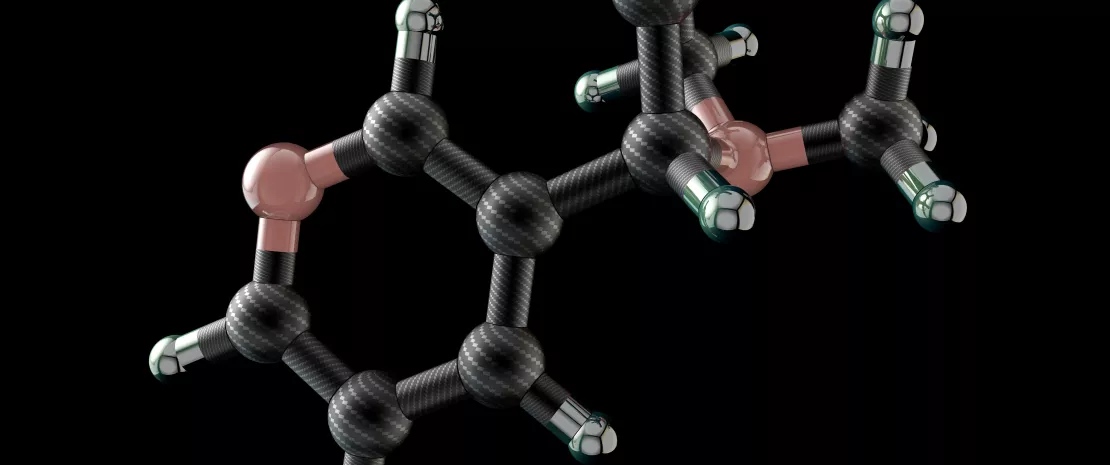The microbiota, a significant factor in smoking cessation
A recurring complaint among ex-smokers, weight gain discourages many of these. Hence the importance of recent studies that highlight the role of the microbiota, damaged by years of smoking. With into the bargain possible solutions for avoiding weight gain.
Lay public section
Find here your dedicated section
Sources
This article is based on scientific information

About this article
An additional 4.5 kg in the 6–12 months following smoking cessation, indeed more than 10kg in one year in 13% of ex-smokers: weight gain represents a major obstacle to giving up cigarettes. A team of researchers used a mouse model to assess the potential role of the gut microbiota in this weight gain.
Tobacco, dysbiosis and weight gain
First observation: rodents regularly exposed to cigarette smoke stayed in shape, even with a high-fat, high-sugar diet. On the other hand, as in humans, smoking cessation led to weight gain, unless the mice were given broad-spectrum antibiotics that depleted their microbiota. In question? Compounds linked to tobacco, such as nicotine, appear to penetrate the digestive system of “smoker” mice, causing long-term changes (after cessation) in the bacterial composition of the gut microbiota. With into the bargain, a metabolism better able to extract energy from foods (fewer calories in their feces).
4,5kg An additional 4.5 kg in the 6–12 months following smoking cessation
10kg more than 10kg in one year in 13% of ex-smokers
Transfer of the microbiota of “smoker” or “ex-smoker” mice confirms the role of the gut microbiota: the recipient mice ( (sidenote: Germ-free mice mice that have no microbes at all, raised in sterile conditions. ) and never exposed to smoke) gradually gained weight, unless they had previously been given antibiotics (markedly lower weight gain).
Two metabolites at issue
There remained the task of determining which metabolites were involved. Two molecules with opposite effects were isolated from the thousands of bioactive compounds whose levels varied at the time of cessation:
- dimethylglycine (DMG), manufactured by the intestine and liver from dietary choline, which increases weight gain;
- acetylglycine (ACG) which has the opposite effect.
Whereas the two antagonistic molecules allowed the “non-smoker” mice to stay in shape, smoking gradually disrupted this equilibrium (increased DMG production and less ACG production). According to the authors, an “anorexic reaction”, leading to reduced food intake is thought to be set up, to avoid calorie overload. The problem: with smoking cessation, this appetite-suppressant effect disappears whilst the obesogenic dysbiosis and the accumulated metabolites are thought to be slow to reverse. Hence the weight gain.
And in humans?
In humans, a preliminary study showed dysbiosis in smokers and modifications of microbial metabolites similar to those observed in mice. The fact also remains that smoking is a voluntary behavior, doubtless involving additional mechanisms. Nevertheless, this study provides proof of concept for the role of the microbiota in post-smoking weight gain. And opens up the possibility of rebalancing the intestinal flora (dietary, biotic measures) in order to limit kilos gained after giving up tobacco and to avoid jeopardizing smoking cessation.






